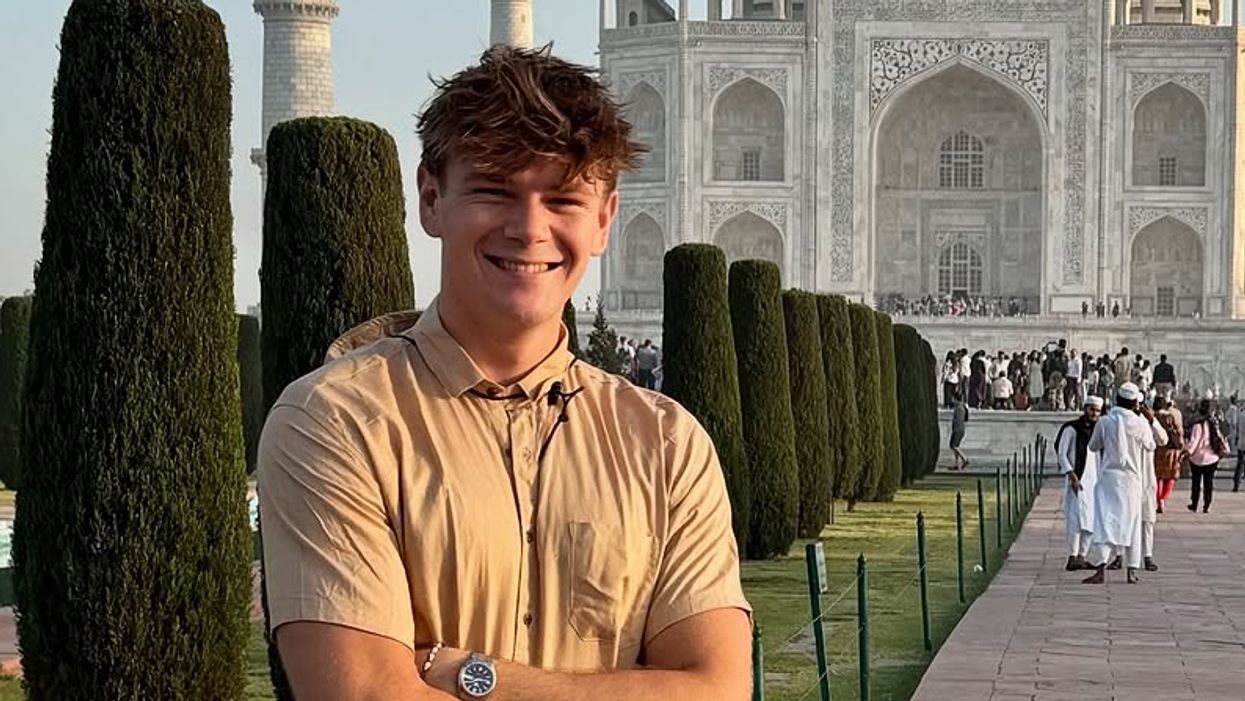A British content creator recently experienced a unique moment while travelling by train across India—receiving a food delivery directly to his seat. George Buckley, a travel and lifestyle influencer, captured the experience in a video, showing how a meal ordered through Zomato was delivered to him at Kanpur Central Station during a brief five-minute stop.
Buckley uploaded the video with a humorous caption: "The UK needs to take notes." In the clip, he documents the full process, from ordering to receiving the meal, and thanks a fellow Indian passenger who helped him. “It was great meeting you, my friend,” he wrote in appreciation.
The video opens with the message, "Food delivery to a train." Buckley is seen excitedly explaining, "I’m actually getting a meal dropped off while on a moving train in India. Sounds unbelievable? Just wait and watch." He identifies the location as Kanpur Central, a major railway junction, highlighting the short stopover.
Walking viewers through the experience, Buckley demonstrates how he used the Zomato app to order a sandwich, sharing the total cost. The video later shows him enjoying the meal with a co-traveller in a first-class AC compartment, evidently impressed by the service and the ease of the process.
The video quickly attracted widespread attention online. Many viewers were both amused and impressed by the efficiency of Indian railway food delivery. One commenter wrote, "Crazy, right? I once got a pizza delivered to my berth on an Indian train." Another remarked, "This could never work in Britain… The constant train delays, last-minute cancellations, and bus replacements would shut the food company down in no time!"
Other comments praised Buckley for embracing Indian culture. One viewer said, "Loving the good energy! It's heartwarming to see you embrace Indian hospitality and culture. Sure, like every place, India has its problems—but your video shows the beautiful side. Keep it up!" Another added, "This is incredible! Hope the food was tasty! Honestly, the UK needs to catch up with this level of service."
With around 44,000 Instagram followers, Buckley is known for documenting travel and lifestyle experiences across the world. His cheerful video from India not only highlighted a remarkable level of convenience on the country’s railways but also sparked a lively cross-cultural conversation about innovation, hospitality, and the simple joys of travel.





